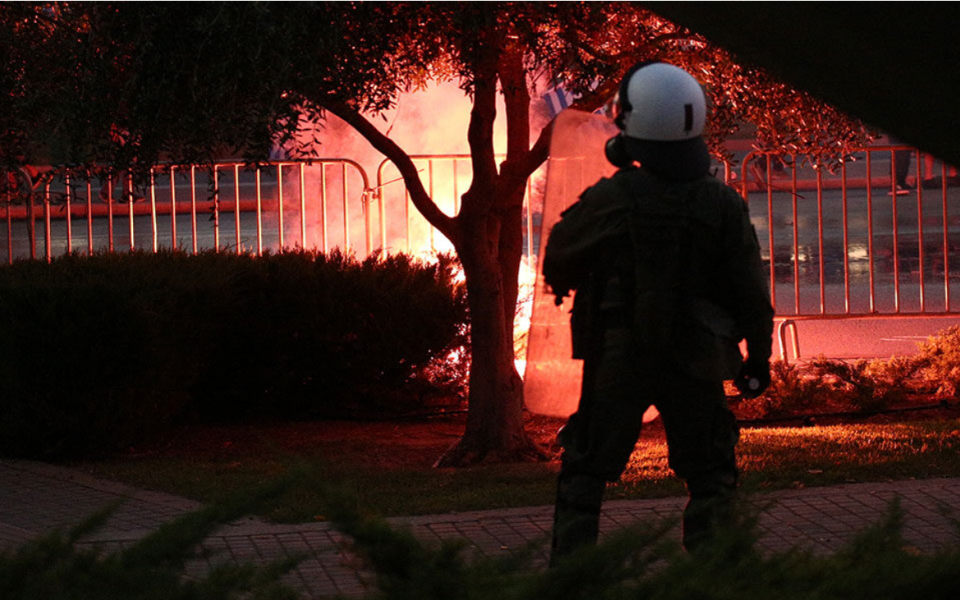High court upholds compensation for property damage during riots

The Council of State, Greece’s highest administrative court, is paving the way for the compensation of property owners, who suffer damage from riots.
The decisions issued by the Council of State recognize the obligation of the state to compensate property owners on the grounds that the police had an obligation and could intervene to protect citizens’ property.
The Court’s Chamber A issued nine rulings in favor of property owners who suffered losses in the destructive riots in central Athens in Decemver 2008 2008 following the killing of 15-year-old Alexandros Grigoropulos by a police officer.
The Council of State overturned an equal number of decisions against the owners by the Administrative Court of Appeal and awarded a total of €1.8 million in compensation to be paid by the state. The Appeal Court’s decision, which had overturned a lower court judgment, was justified by its opinion that, in the case of a sudden and widespread riot, police cannot protect all properties at once.
The decision said, among other things, that “the protection of citizens’ property from violent incidents that take place in the context of any form of mass mobilization by citizens is the responsibility of the police, the fulfillment of which is not at their discretion. Therefore, if the police completely fail to intervene to protect the property of the citizen who is threatened, in the above circumstances, this omission is illegal and therefore the civil liability of the State is established.”
The State Counselors added that “the police have discretion only in the way in which they will act, i.e. in choosing the kind of measures they must take to fulfill their obligation, being able – after assessment – to select and implement the most appropriate operational plan for the specific instance. In the specific case in which the police, although intervening and operating, do not take any specific measures to protect the property of the citizen, the choice to abstain from any action, specifically for the purpose of protecting the property, constitutes an excess to the limits of their discretion and is therefore illegal “.
These decisions also state that, while the invocation of force majeure frees the state from the obligation of compensation, according to the Civil Code, “violent incidents of great intensity and gradually escalating and spreading in many places at the same time, resulting in the disintegration of the police force and consequently in the reduction of their effectiveness, do not constitute force majeure if these episodes could be foreseen, based on lessons from common experience, and brought under control in timely fashion, that is, before they spread and become uncontrollable, by taking immediate, necessary and appropriate measures “.





